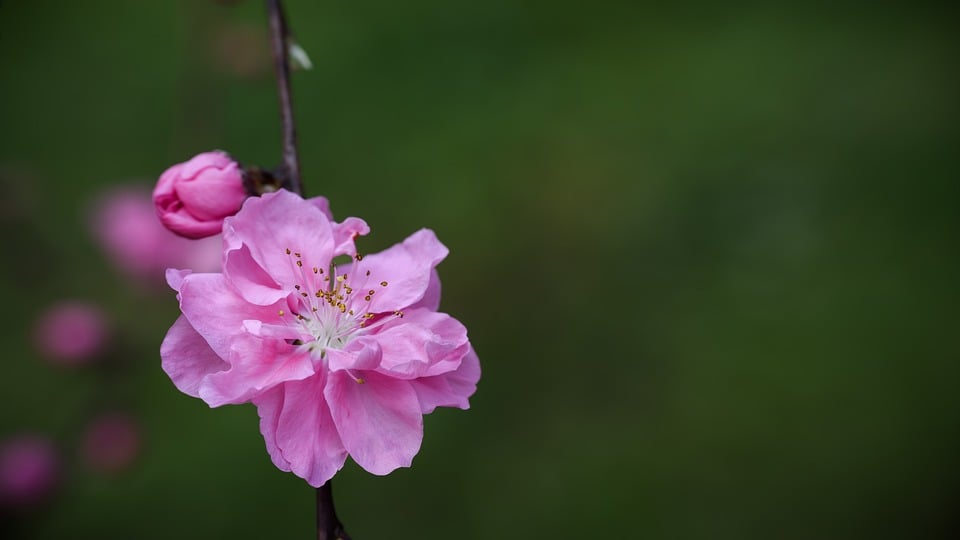Indigenous cultures around the world have long been known for their rich and vibrant traditions, including the sacred rituals and ceremonies that form the cornerstone of their spiritual beliefs. These ceremonies are not only a means of connecting with the divine but also serve as a way of honoring the ancestors, preserving cultural heritage, and fostering community bonds. In this article, we will explore the captivating ceremonies of various Indigenous cultures, shedding light on their historical significance, current practices, and future outlook.
Historical Context
The ceremonial practices of Indigenous cultures have deep roots in history, often dating back centuries or even millennia. These rituals are passed down from generation to generation, serving as a way of maintaining cultural continuity and preserving traditional knowledge. From the sacred dances of the Hopi people in North America to the fire rituals of the Maori in New Zealand, each ceremony is steeped in symbolism and meaning, reflecting the unique worldview of the culture in question.
– Indigenous ceremonies are often tied to the cycles of nature, with many rituals celebrating the changing seasons, the harvest, or other significant events in the natural world.
– These ceremonies are also a way of marking important life milestones, such as birth, coming of age, marriage, and death, with each stage of life being marked by its own set of rituals and ceremonies.
– The role of the shaman or spiritual leader is central to many Indigenous ceremonies, serving as a mediator between the human and spirit worlds and guiding the community through the ritual process.
Current State
In the face of modernization and globalization, Indigenous ceremonies are facing new challenges and opportunities. On the one hand, many Indigenous communities are working to preserve and revitalize their traditional rituals in the face of cultural assimilation and environmental degradation. On the other hand, these ceremonies are also gaining recognition and respect on a global scale, with more and more people from diverse backgrounds seeking to learn from and participate in Indigenous rituals.
– Some Indigenous communities have opened their doors to outsiders, offering cultural exchange programs, workshops, and tours that allow visitors to experience their ceremonies firsthand.
– The use of technology, such as social media and online platforms, has also enabled Indigenous communities to share their ceremonies with a wider audience and connect with supporters from around the world.
– At the same time, concerns about cultural appropriation and exploitation have led many Indigenous groups to carefully guard their ceremonial practices and ensure that they are shared in a respectful and responsible manner.
Future Predictions
As we look to the future, the fate of Indigenous ceremonies remains uncertain. While some traditions are thriving and evolving, others are at risk of being lost forever. It is up to all of us to support and uplift Indigenous communities in their efforts to preserve and protect their sacred rituals, recognizing the invaluable wisdom and beauty that these ceremonies offer to the world.
– Collaborative partnerships between Indigenous communities, governments, NGOs, and academic institutions can help to ensure the survival of traditional ceremonies and practices.
– Education and awareness-raising initiatives can help to promote a greater understanding and appreciation of Indigenous cultures and their ceremonies, fostering respect and solidarity among different cultural groups.
– Through sustainable tourism and cultural exchange programs, we can create opportunities for mutual learning and empowerment, benefiting both Indigenous communities and visitors alike.
Conclusion
In conclusion, the sacred rituals and ceremonies of Indigenous cultures are a source of inspiration, wisdom, and connection for people around the world. By delving into the historical context, current state, and future predictions of these ceremonies, we gain a deeper understanding of their significance and complexity. As we strive to honor and preserve Indigenous traditions, let us remember the importance of respect, reciprocity, and responsibility in our interactions with these vibrant and diverse cultures. Thank you for joining us on this journey of exploration, and may we continue to learn and grow together in the spirit of unity and harmony.
For further reading and resources on Indigenous ceremonies, we recommend exploring the works of scholars and practitioners in the field, as well as visiting cultural centers, museums, and community events that celebrate and showcase Indigenous culture. Let us continue to celebrate and share the beauty and wisdom of Indigenous ceremonies with the world.
